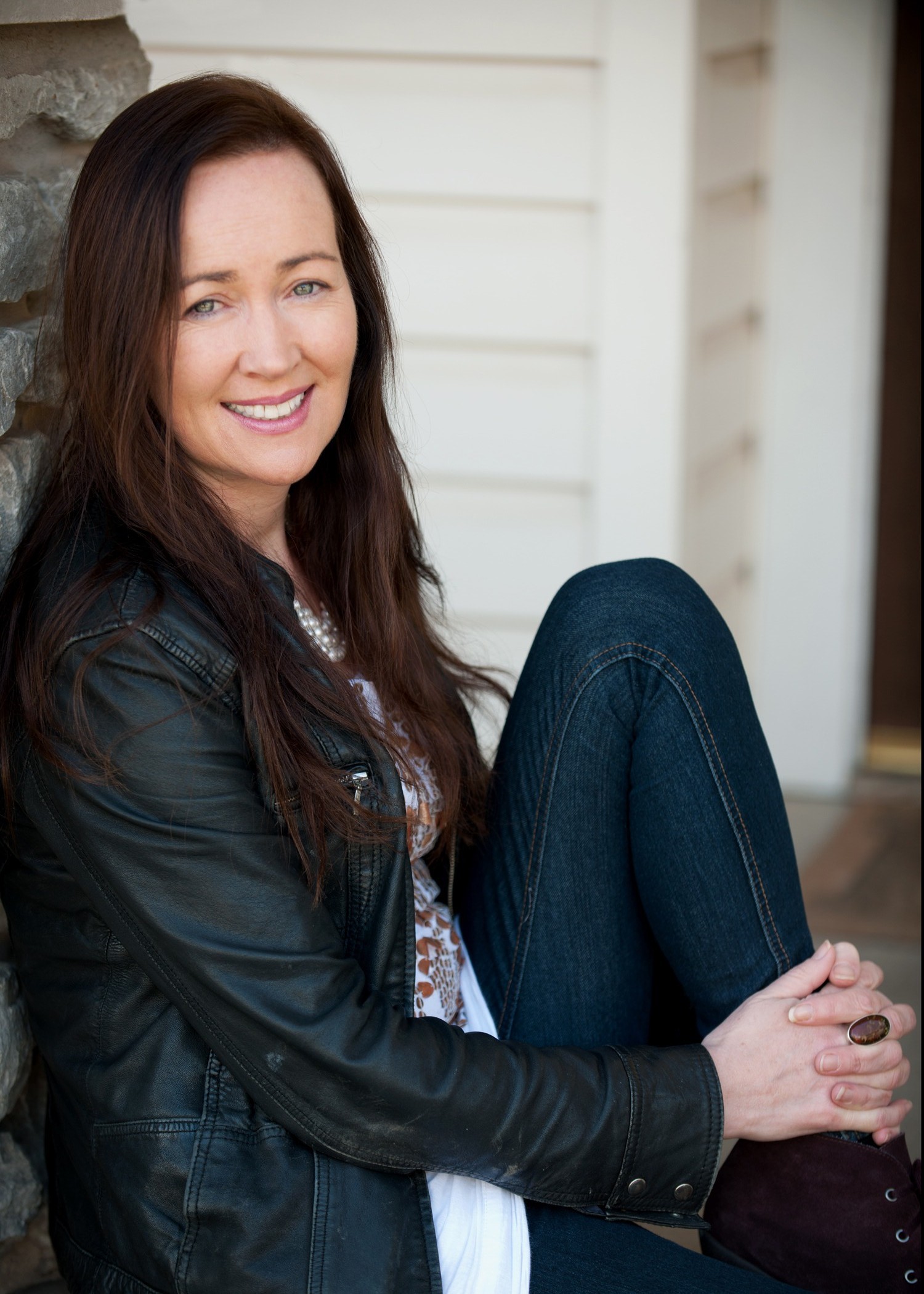
News
Interview with 2017 Drama Prize Recipient Marina Carr
August 31, 2017
Erica Wachs talks with 2017 drama prize recipient Marina Carr about the uses of mythology, the ascendancy of the musical, and her family's summer travels in Greece.
Erica Wachs: What has life been like for you after winning the Windham-Campbell Prize? Are you excited for the festival?
Marina Carr: I’m very, very excited for the Windham-Campbell Festival. I don’t do social media because I’m too old fashioned, but I have friends on it, and I’ve gotten well wishes from friends, colleagues, and family. That’s been lovely. I’m very excited about going to Yale, and meeting everybody, and meeting the other prize winners and Mike Kelleher, and I’m fascinated to find out who the judges are. I’m so nosy, and no one will tell me that. Everyone is dying to know!
EW: Could you talk a little about your plays, and what interests you about myths and motherhood?
MC: That’s a lot of what is written about me and usually in commentaries. That’s not how I define what I do. Most people don’t read plays anymore, they go to the theater. I’m the woman who wrote By the Bog of Cats [but] I have written 19 other plays that are not about myth and motherhood. There are many things that I want to write a play about.
But to answer your question: the world is so old, and sometimes it’s very difficult to find anything new, in a way there might be variations on the theme, but these myths capture the human condition and capture the most powerful and most extreme and most immediate, so they are powerful stories. They hold us.
As for motherhood, that’s just one aspect. I like writing men; I like writing about men and women and I like writing about family. I’d hate to think that I’m pigeonholed, it just feels reductive. People used to buy plays to read [but now] mostly people read fiction and poetry. That’s where the public imagination seems to be, at least in the West right now. And serious theater is in danger, and has been for quite some time, and not only in America. It’s pretty catastrophic what’s happening with musicals—turning a movie into a play into a musical—where is the space for just a play? And all of us? That’s important because that’s where it started: the drama is older than anything.
EW: How was your recent trip to Greece?
MC: Greece was amazing. We spent the first week in Syros and it was just full of beautiful beaches, and we just swam and ate and read. There’s very little to do because you’re in a tiny village. We did mainland Greece, Thebes, Athens. All the touristy things in Athens such as the Acropolis, and the Archaeological Museum, and very little internet, which was fantastic. And time is a different thing, you didn’t know what time of day it was when you weren’t checking your phone or your laptop, you can really shut down.
EW: Are you able to share what you’re working on now? What’s next for you?
MC: I have a new play in London which should be next year at the Tricycle Theatre and I’m working on a new play for the Abbey Theatre. There's lots of stuff going on old and new, which is great. And then my teaching term starts up. I fly in from Yale and arrive in Dublin at 5:10 in the morning, and teach that morning. The students will get me coffee, they’ll be looking after me. That’ll be my first class.